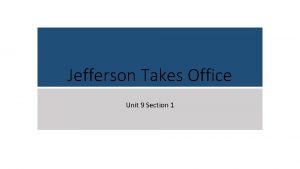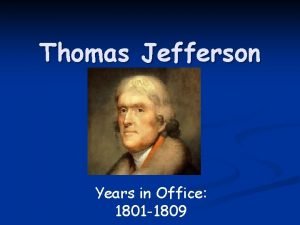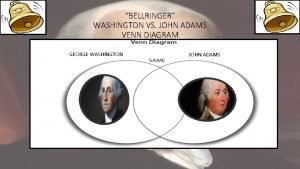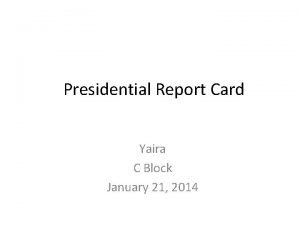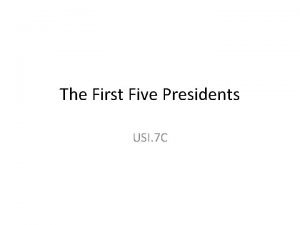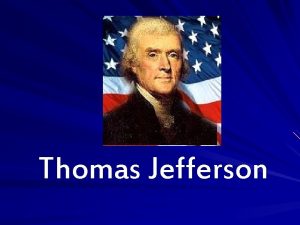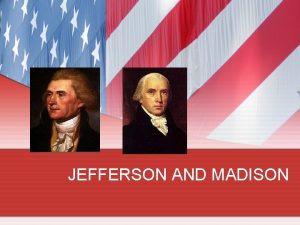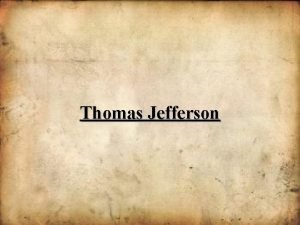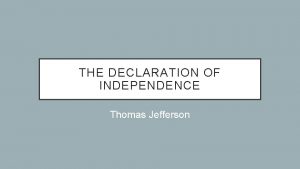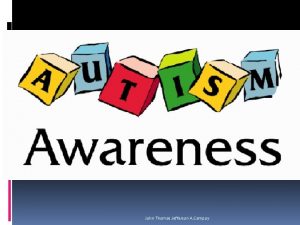Jefferson Takes Control Thomas Jefferson had many talents







- Slides: 7

Jefferson Takes Control Thomas Jefferson had many talents and interests. He wrote the Declaration of Independence, was a leading architect, played the violin, was an inventor, spoke several languages, and was one of the leading patriots and political thinkers.

Jefferson’s Inauguration (1 st’s) l l Political control of a country passed from one party to another through democratic election. Oath of office in Washington D. C.

Jefferson’s “Revolution”; Simplifying Government n Limit power of fed (state’s rights). n n Cut federal budget & military spending, lowered taxes, repealed excise taxes. n n “Hands off policy” toward economy. Tariffs & Western land sales only source of fed. income. Let Alien and Sedition Acts expire in 1801.

A Wise and Frugal Government. n n n Role of government: keep people from hurting each other. State governments closer to people: should have more power. Cut army from 4000 to 2500 men, navy from 25 to 7 ships. n National debt: $83 million to $45 million.

Midnight Judges n Between election & inauguration: n Federalists passed Judiciary Act 1801. n Adams appointed many Federalist judges. n Republicans tried to impeach them. n Failed to remove many.

Marbury v. Madison ► Marbury (Federalist) named JP by Adams. ► Commission arrived after Jefferson took over. § Jefferson ordered Madison not to deliver papers. ► Marbury petitioned Supreme Court (under Judiciary Act of 1789) to force Madison. § Ruled he had right to papers but court could not force Madison to deliver. § Ruled Judiciary Act of 1789 was unconstitutional.

Judicial Review Marbury v. Madison: 1 st time Supreme Court declared law unconstitutional. ◦ Judicial Review. Precedent for later lawyers/judges. ◦ Check against other branches of government. Justice John Marshall
